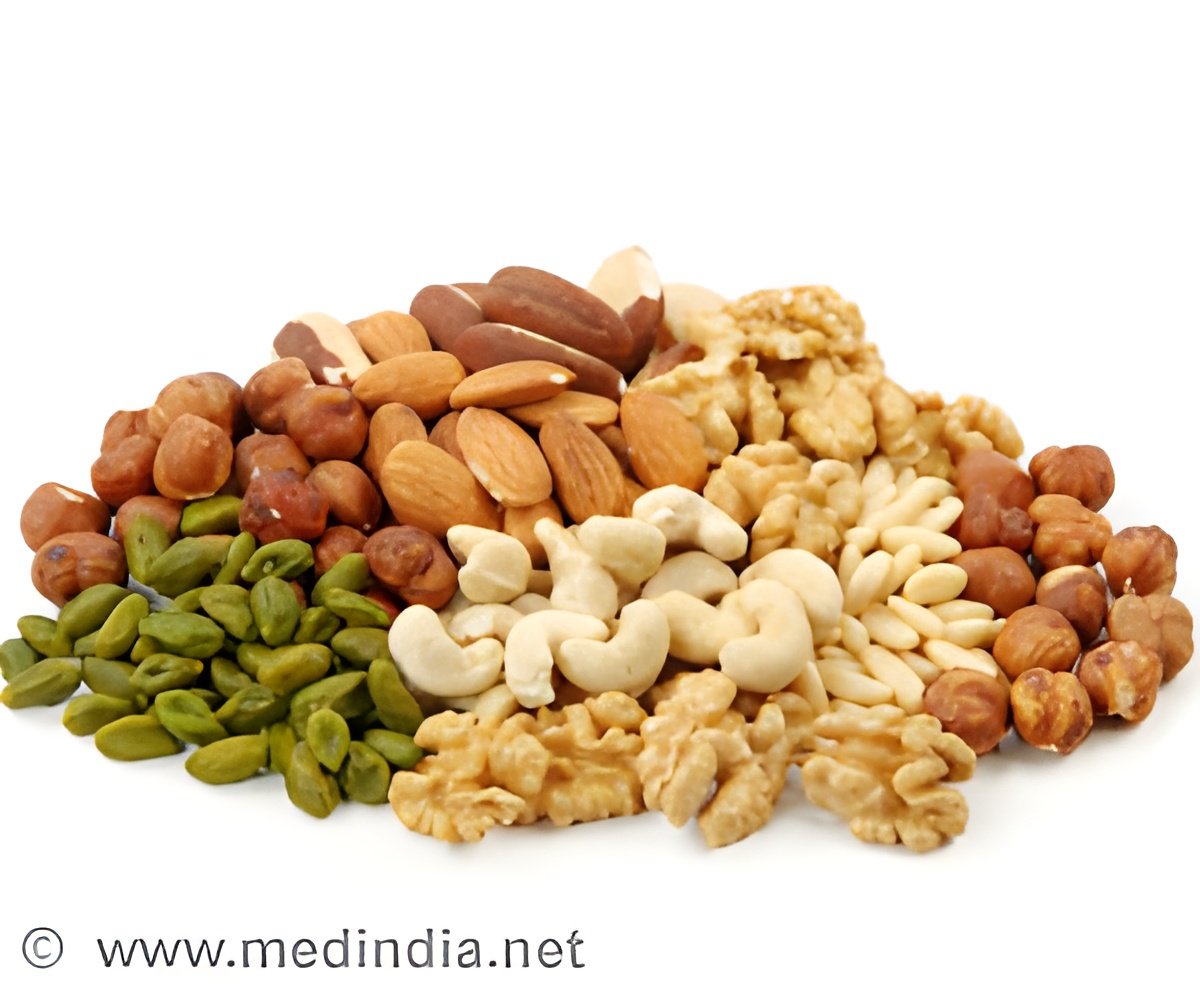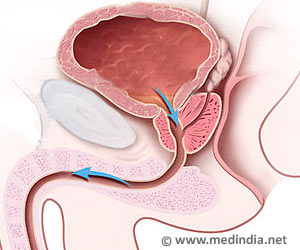Adequate levels of vitamin E is especially critical for the very young, elderly, and women who are or may become pregnant, suggests a new analysis published today.

Meanwhile, some critics have raised unnecessary alarms about excessive vitamin E intake while in fact the diet of most people is insufficient, said Maret Traber, a professor in the College of Public Health and Human Sciences at Oregon State University, principal investigator with the Linus Pauling Institute and national expert on vitamin E.
"Many people believe that vitamin E deficiency never happens," Traber said. "That isn't true. It happens with an alarming frequency both in the United States and around the world. But some of the results of inadequate intake are less obvious, such as its impact on things like nervous system and brain development, or general resistance to infection."
Some of the best dietary sources of vitamin E – nuts, seeds, spinach, wheat germ and sunflower oil - don't generally make the highlight list of an average American diet. One study found that people who are highly motivated to eat a proper diet consume almost enough vitamin E, but broader surveys show that 90 percent of men and 96 percent of women don't consume the amount currently recommended, 15 milligrams per day for adults.
In a review of multiple studies, published in Advances in Nutrition, Traber outlined some of the recent findings about vitamin E. Among the most important are the significance of vitamin E during fetal development and in the first years of life; the correlation between adequate intake and dementia later in life; and the difficulty of evaluating vitamin E adequacy through measurement of blood levels alone.
Findings include:
Advertisement
• Overt deficiency, especially in children, can cause neurological disorders, muscle deterioration, and even cardiomyopathy.
• One study showed that higher vitamin E concentrations at birth were associated with improved cognitive function in two-year-old children.
• Findings about diseases that are increasing in the developed world, such as non-alcoholic fatty liver disease and diabetes, suggest that obesity does not necessarily reflect adequate micronutrient intake.
• Measures of circulating vitamin E levels in the blood often rise with age as lipid levels also increase, but do not prove an adequate delivery of vitamin E to tissues and organs.
• Vitamin E supplements do not seem to prevent Alzheimer's disease occurrence, but have shown benefit in slowing its progression.
• A report in elderly humans showed that a lifelong dietary pattern that resulted in higher levels of vitamins B,C, D and E were associated with a larger brain size and higher cognitive function.
• Vitamin E protects critical fatty acids such as DHA throughout life, and one study showed that people in the top quartile of DHA concentrations had a 47 percent reduction in the risk of developing all-cause dementia.
"It's important all of your life, but the most compelling evidence about vitamin E is about a 1000-day window that begins at conception," Traber said. "Vitamin E is critical to neurologic and brain development that can only happen during that period. It's not something you can make up for later."
Traber said she recommends a supplement for all people with at least the estimated average requirement of vitamin E, but that it's particularly important for all children through about age two; for women who are pregnant, nursing or may become pregnant; and for the elderly.
Source-Eurekalert















